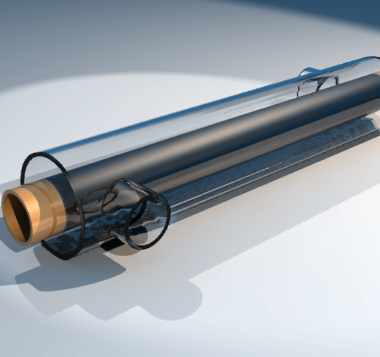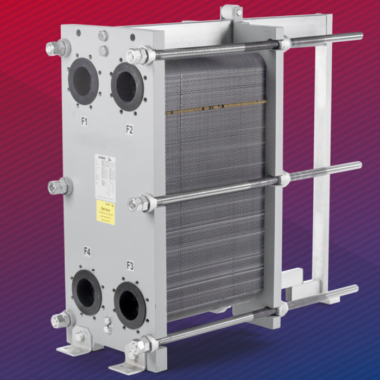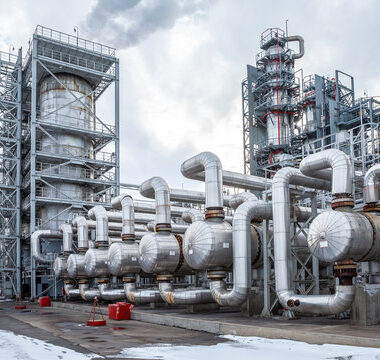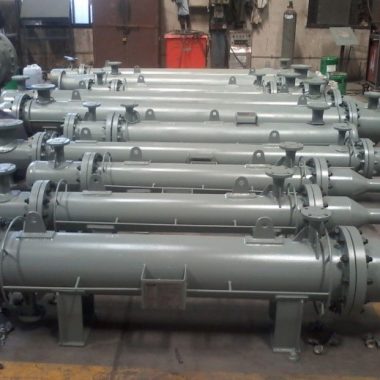Marine Heat Exchanger
Marine Heat Exchanger
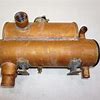
Marine Heat Exchanger
Marine Heat Exchanger designed for the highly corrosive sea water environment, we offer a full range of both standard and custom Water Cooled and Air Cooled marine heat exchangers. designed for the highly corrosive sea water environment, we offer a full range of both standard and custom Water Cooled and Air Cooled marine heat exchangers. If you have questions about how a our on board vessels are used throughout many system. Systems that use heat exchangers include lube oil, jacket water, steam systems and main seawater. The systems are often interconnected by heat exchangers in order to remove heat generated from running equipment from the engine room.Marine heat exchangers are the most common way to cool a boat’s engine, using the lake, river or ocean water in which the boat floats.
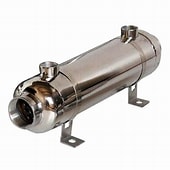
Marine Heat Exchanger
Applications:
– Jacket Water Cooling
– Engine Oil Cooling
– Gear Coolers
– Marine Cranes & Lifts
– Marine Generator Cooling
– Fresh Water Recirculation Loop Cooling
– Transmission Cooling
– Hydraulic Oil Coolers
– Ventalation Coolers and Heaters
Sea Water Service Rated
| Pre-Engineered |
- 10 to 1250 Horsepower of Cooling
- Bonnets: Bronze-Tubesheet: Brass-Tubes: Copper Nickel
- Baffles: Brass
- Shell: Brass
- Hardware: Steel
Marine heat exchangers are the most common way to cool a boat’s engine, using the lake, river or ocean water in which the boat floats. Since this water may be corrosive the engine may be cooled by a sealed mixture of distilled water and antifreeze. Heat from the water-antifreeze mixture is then transferred to the ocean (or lake or river) water which flows into a heat exchanger. The water-antifreeze mixture runs through the heat exchanger dumping heat, but remaining separate from corrosive salts and chemicals found in the water the boat is floating in. If the ocean water eventually corrodes and ruins the heat exchanger it can be replaced at a fraction of the cost of replacing the engine. To protect the marine heat exchanger from corrosive salts, a sacrificial zinc anode is screwed into the heat exchanger. This anode must be periodically replaced as part of regular maintenance. Because the water the boat floats in may be contaminated with floating particles such as wood or styrofoam balls the well designed boat will have a filter (often stainless steel mesh) to remove these particles before they are moved toward the heat exchanger. This filter must be periodically cleaned or else the flow of water to the heat exchanger will become obstructed and the engine will overheat.


